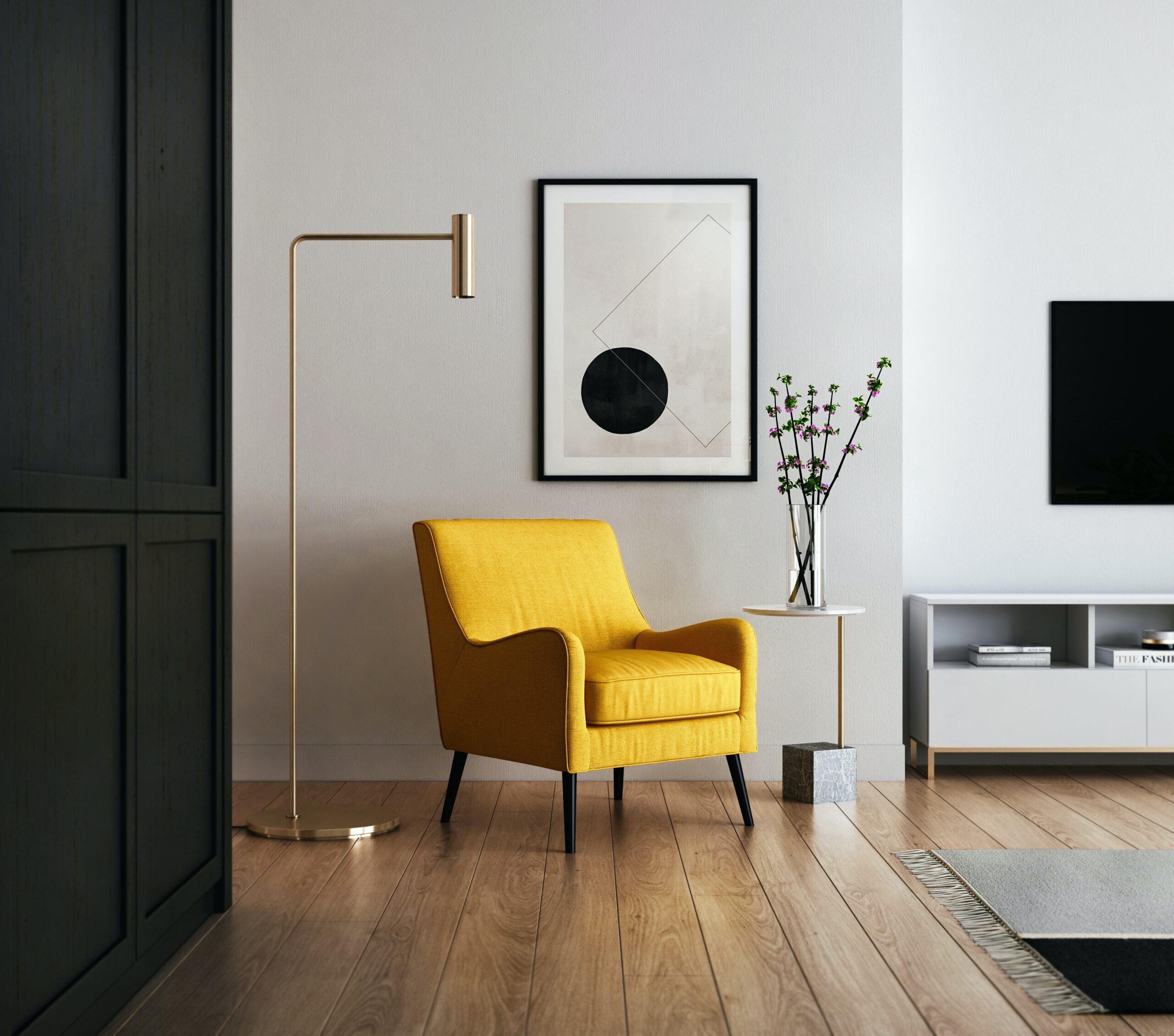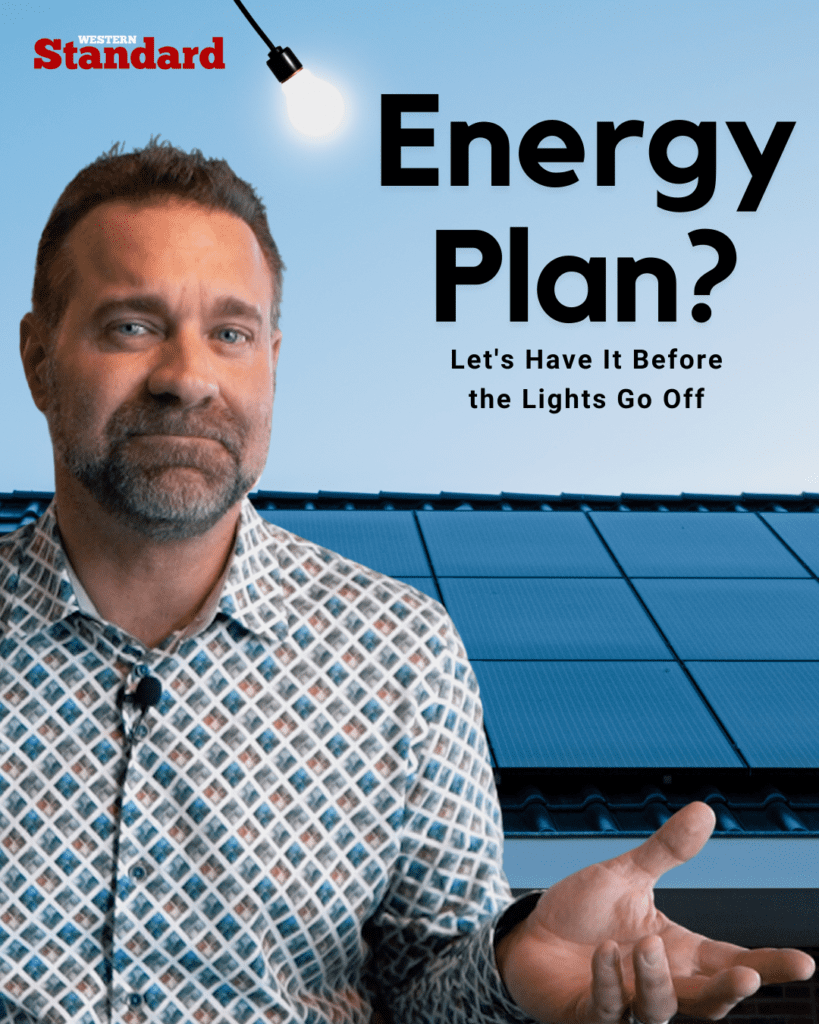I often receive this question from people who ask me, “Shane we are unsure whether to buy a new home vs a used home”. So, I’ve put together some thoughts on the two options potential homebuyers should consider when entering the housing market.
Both options come with advantages and disadvantages, and making the right decision depends on your circumstances and priorities.
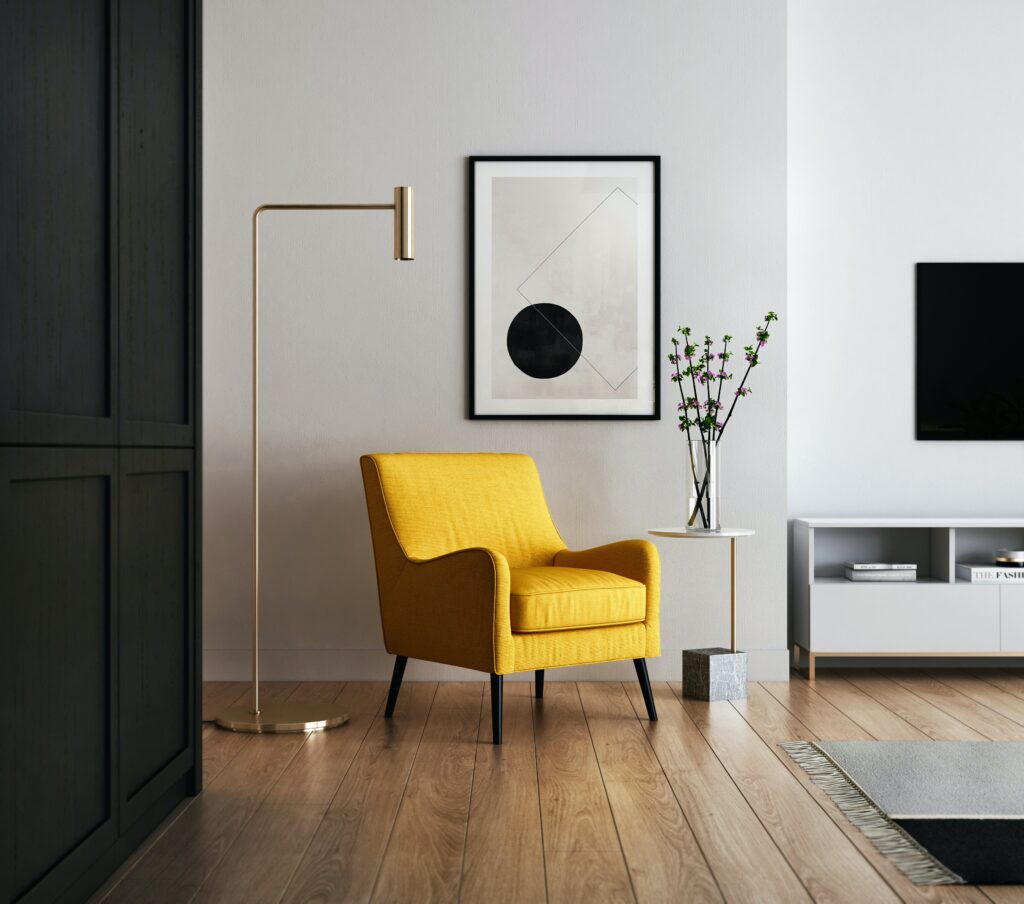
Today, let’s explore the differences between new and used homes and the factors that may influence a buyer’s choice.
New homes are houses that have never been lived in and are built to meet modern building codes and standards. They offer many benefits, including:
- Customization: Buyers can customize their homes according to their needs and personal preferences, such as selecting the floor plan, adjusting the layout, materials, and finishes.
- Energy Efficiency: New homes are built with the latest energy-efficient materials, appliances and mechanical systems, which can save homeowners money on utility bills over time.
- Maintenance: New homes require less maintenance, as they come with new systems and appliances that are less likely to break down or require repairs.
- Warranties: New homes come with builder warranties that can cover defects and other issues for several years after purchase.
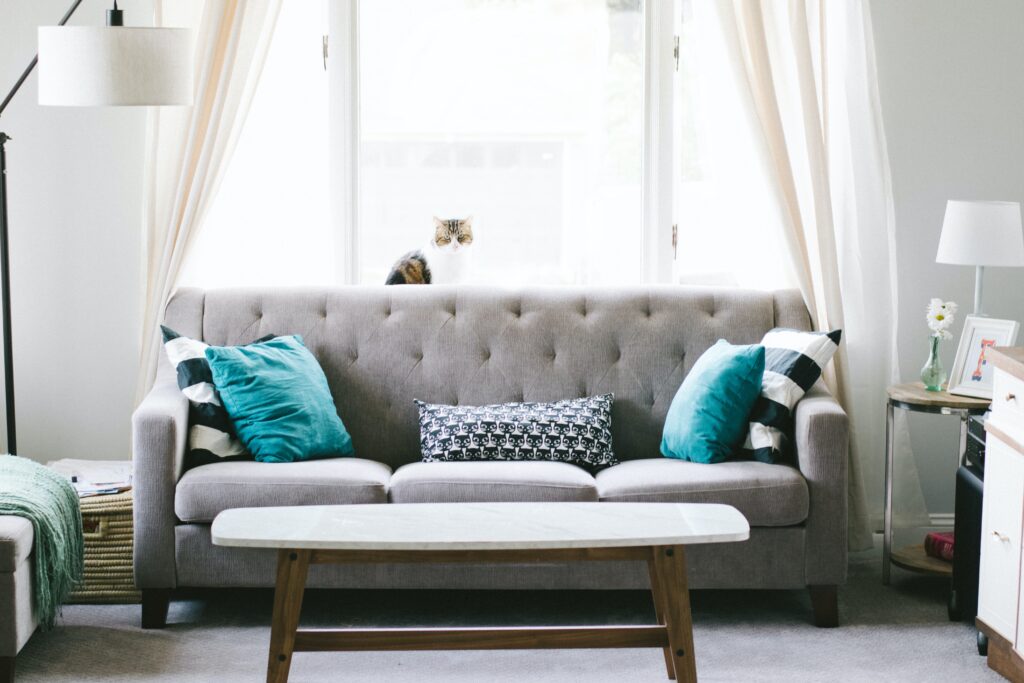
New homes also have some disadvantages, such as:
- Cost: New homes are generally be a little more expensive than existing homes due to their customizations, modern features, and energy-efficient materials.
- Location: New homes are often in new subdivisions outside of established neighbourhoods, which may not be as convenient or desirable for some buyers.
- Delays: Building a new home can be a lengthy process and there may be delays due to factors out of the builder’s control.
Used homes, or existing homes, are houses that have been previously lived in by one or more owners. They offer many benefits, including:
- Affordability: Existing homes are less expensive than new homes due to their age and condition.
- Established neighbourhoods: Existing homes are often located in established neighbourhoods with mature trees, parks, and other amenities that can make them more desirable for some buyers.
- Larger Lots: Existing homes may offer larger lots with mature landscaping and other features that are not available in new subdivisions.
- Move-In Ready: Existing homes are typically move-in ready and require little or no customization, which can save buyers time and money.
Existing homes also have some disadvantages, such as:
- Repairs and Maintenance: Existing homes may require more repairs and maintenance than new homes, which can be costly over time.
- Energy Efficiency: Existing homes may not be as energy efficient as new homes, which can result in higher utility bills.
- Outdated Features: Existing homes may have outdated features, such as mechanical systems, plumbing, or appliances, that need to be replaced or upgraded.
- No Warranty: Existing homes do not come with builder warranties, so buyers may be responsible for any defects or issues that arise after purchase.
So all in all, choosing between a new and used home is a personal decision that depends on many factors, such as budget, location, customization, and maintenance.
Now, both options have their advantages and disadvantages, and it’s essential to weigh them carefully before making a final decision. Consulting with a new home builder or a real estate agent can also provide valuable insights and guidance when considering the purchase of a new or used home.
What are your thoughts?
Shane Wenzel
